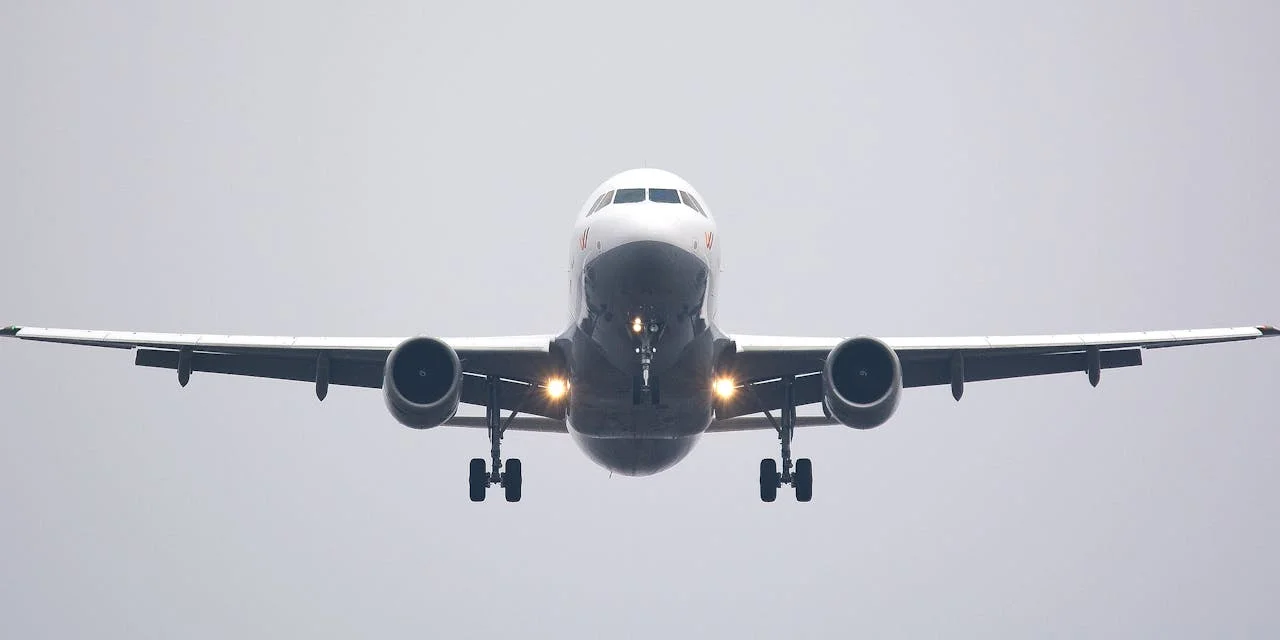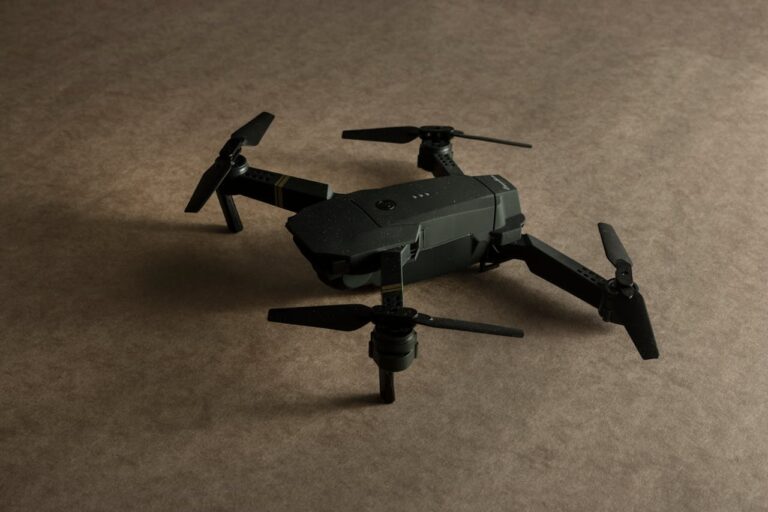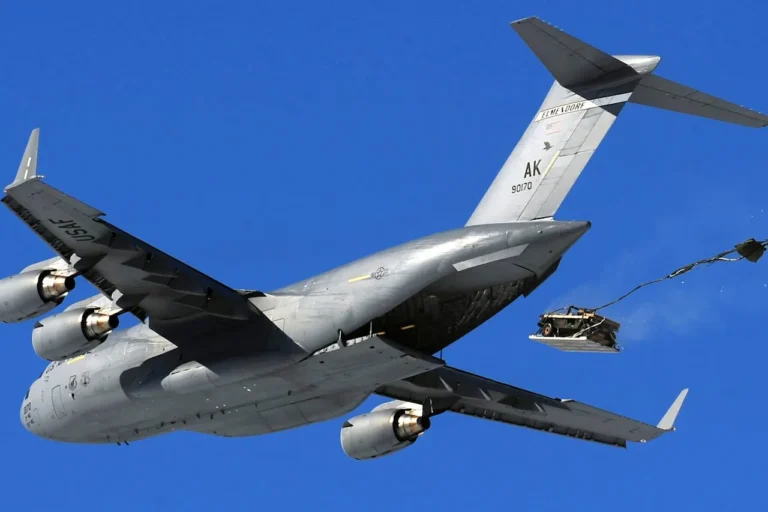
Airbus has revealed plans to establish a Tech Hub in Japan, aiming to foster partnerships to advance aerospace research, technology, and innovation. This initiative seeks to push the boundaries of current technologies and prepare for the next generation of aircraft. Coordinated from Tokyo, the Airbus Tech Hub will focus on three key research areas: developing new materials, decarbonization technologies, and robotics and automation.
Supported by the Japanese and French governments, the announcement was made during Viva Technology 2024 in Paris, one of the world’s largest technology exhibitions, which this year features Japan as the country of honor.
Representatives from the Japan Embassy in France, the French Directorate-General for Civil Aviation (DGAC), the Japan External Trade Organization (JETRO), and Airbus attended the event.
“We welcome the establishment of the Airbus Tech Hub in Japan. Leveraging Japanese technologies, we can address global issues like aviation decarbonization and contribute to the international community. We hope the Airbus Tech Hub in Japan will play a crucial role in this effort,” said Yoshio Ando, Deputy Chief of Mission, Minister, Embassy of Japan in France.
“We believe the Airbus Tech Hub in Japan will unite aerospace professionals, fostering a collaborative environment to build a robust future aviation ecosystem,” added Ravo Randria, Senior Manager for Cooperation in the Americas and Japan, DGAC.
“We are proud to launch the Airbus Tech Hub in Japan in partnership with DGAC and METI. Japan is a key country for future partnerships, and this launch reflects our commitment to strengthening our presence here,” stated Sabine Klauke, Chief Technology Officer at Airbus.
The Airbus Tech Hub in Japan is part of a global network, with similar initiatives already launched this year in Singapore and the Netherlands. These Tech Hubs aim to foster collaboration among Airbus’ global R&T teams, industry leaders, local research communities, and academic institutions, creating strong communities that push the boundaries of aerospace technology and prepare for the future of aviation.




